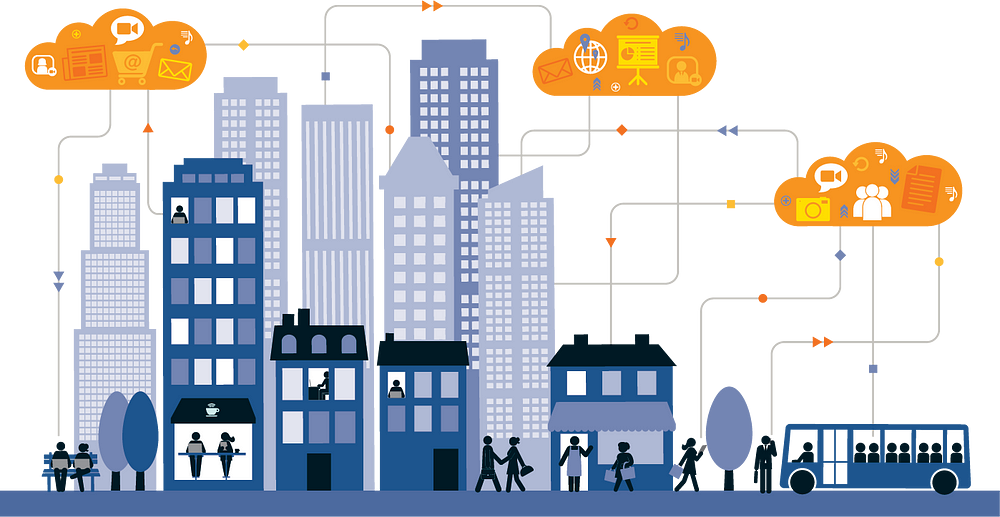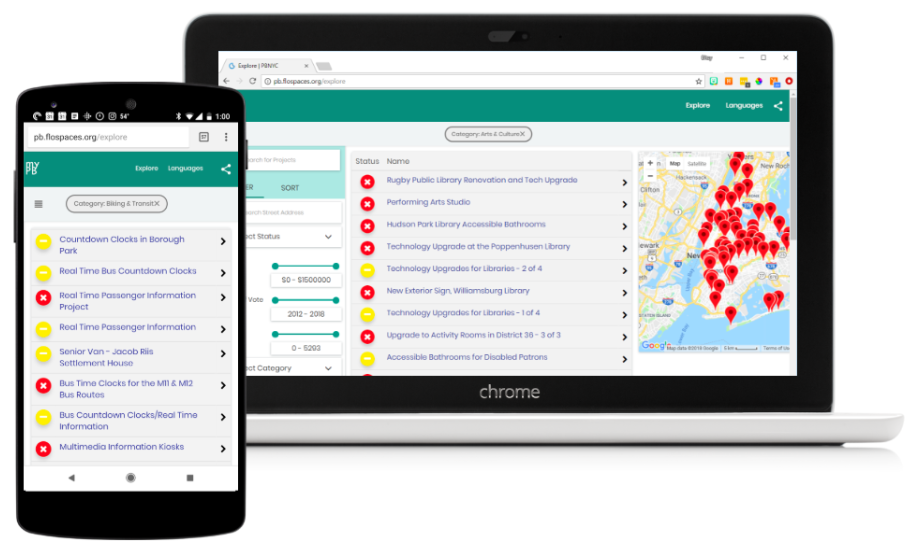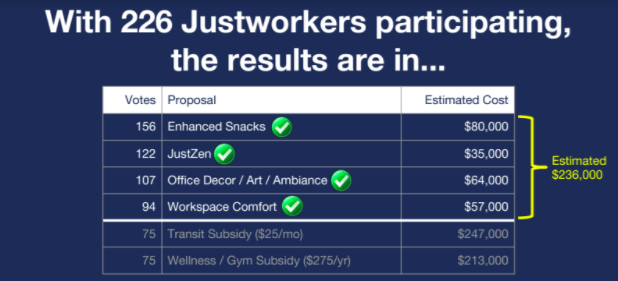As technology and the needs of our society continue to evolve, the ways in which we engage each other and utilize information when participating in public life will also continue to change. The paper, Infogagment: Citizenship and Democracy in the Age of Connection, written by NCDDer Matt Leighninger in collaboration with Philanthropy for Active Civic Engagement (PACE), was recently re-released to reflect the ways in which these changes are shaping. We encourage you to read more in the post below and find the full original report on PACE’s Medium site here.
Infogagement: Citizenship and Democracy in the Age of Connection
- Executive Summary
- Preface: Overheard at the Local Coffee Shop…
- Introduction: When Worlds Collide
- 1. Citizenship, Through Thick and Thin
- 2. The Death and Life of Great American Media
- 3. Journalism, the Postmodern Profession
- 4. Deserts and Oases: Diversity, Equity, and Networks
- 5. Here Come Everybody’s Stories: Organizing and Social Media
- 6. Big Data: Expert Instrument or Do-It-Yourself Tool?
- 7. Conclusion
Executive Summary
Our traditional notions about the “public square” are out of date. In thinking about information, engagement, and public life, we have generally put information first: people need to be educated, and then they will become politically involved (the original title of this PACE project was, accordingly, “Information for Engagement”). But as we interviewed leading thinkers and practitioners in the fields of journalism, civic technology, and public engagement, it became clear that the sources of information and the possibilities for engagement have diversified dramatically. Instead of a linear progression from education to involvement, public life seems to seethe and spark with connections and reactions that are often unexpected and always hard to map. Our Norman Rockwell image of public life has become something more like a Jackson Pollock painting.
Another question animating this PACE project was how to bring “new voices” — meaning young people, poor people, recent immigrants, and people of color — into the public square. But because public officials, journalists, technologists, and citizens (both new voices and established ones) are playing different roles, and interacting in different ways, this too is a more complex question than it first appears. The real challenge is figuring out what the new public squares might look like, how they can be equitable and democratic places, and how they should be built.
Through interviews and small-group discussions, we have identified and clarified a number of key trends:
- Thinking of citizens mainly as voters, volunteers, and writers of letters to the editor is no longer sufficient. Civic engagement has changed radically over the last twenty years, spooling out into thick and thin strands of participation. “Thick” engagement happens mainly in groups, either face-to-face, online, or both, and features various forms of dialogue, deliberation, and action planning; “thin” engagement happens mainly online, and is easier, faster, and potentially more viral — it is done by individuals, who are often motivated by feeling a part of some larger movement or cause.
- The institutions of journalism are going through a painful transition period, but new collaborative practices, “hyperlocal” innovations, and engagement activities (including the use of engagement as a revenue source) may be signaling the rebirth of the field. Meanwhile, in their profession, journalists are employing a greater range of skills and playing a wider range of roles.
- Despite the early optimism, the new Internet-connected world of information and engagement has not (so far) been a more equitable and empowering environment for people of color, low-income people, and other marginalized groups. Addressing this challenge will require a better understanding of community networks, how they map cultural differences, and how they channel information and engagement.
- Storytelling is more powerful and ubiquitous than ever: a much higher percentage of people can share their opinions and experiences, and hear the opinions and experiences of others, in ways that are more convenient, continuous, and public. By comparing notes on what we mean by storytelling — and listening — we might come to a better, shared understanding of why people want to take part in public life, and better recommendations for how to facilitate and support their efforts.
- Big data, once the domain of experts, is now part of the public engagement picture. The opportunities and challenges of big data may require a set of intermediaries — people and organizations that can curate and interpret data for everyday citizens. The future of big data may depend less on the skill and expertise of these intermediaries, and more on whether citizens trust them.
In the past, discussions of information and engagement revolved around the wrong questions. “I’m pretty tired of the ‘How do we save newspapers?’ discussion, as well as the ‘What’s the latest techno gizmo that will save the world?’ discussion,” says Jon Funabiki, a journalism professor who directs the Renaissance Journalism center at San Francisco State. It doesn’t seem sensible or compelling to ask how we can bring back the past in the newspaper industry, or how we can realize an unrealistic future with technology.
Furthermore, we can’t keep thinking of the public square as a place that is dominated by civic professionals, where citizens occupy a limited set of predictable roles. That vision, which originated with Progressive thinkers like John Dewey, is no longer viable. To help communities build new public squares, we should focus on four questions:
1. What kinds of infogagement infrastructure and institutions at the community level would support the best flow of news, information, and engagement?
2. How can such an infrastructure support a high level of democratic engagement across the community, especially for people who have borne the brunt of past injustices and inequalities?
3. What should be the complementary, constructive, yet independent roles of journalists, public officials, and technologists?
4. What are the core democratic skills needed by people in each of these professions, and how can we provide them?

You can find the original version of this on the Medium site for Philanthropy for Active Civic Engagement (PACE) at www.medium.com/infogagement/infogagement-citizenship-and-democracy-in-the-age-of-connection-cdf849610381.







